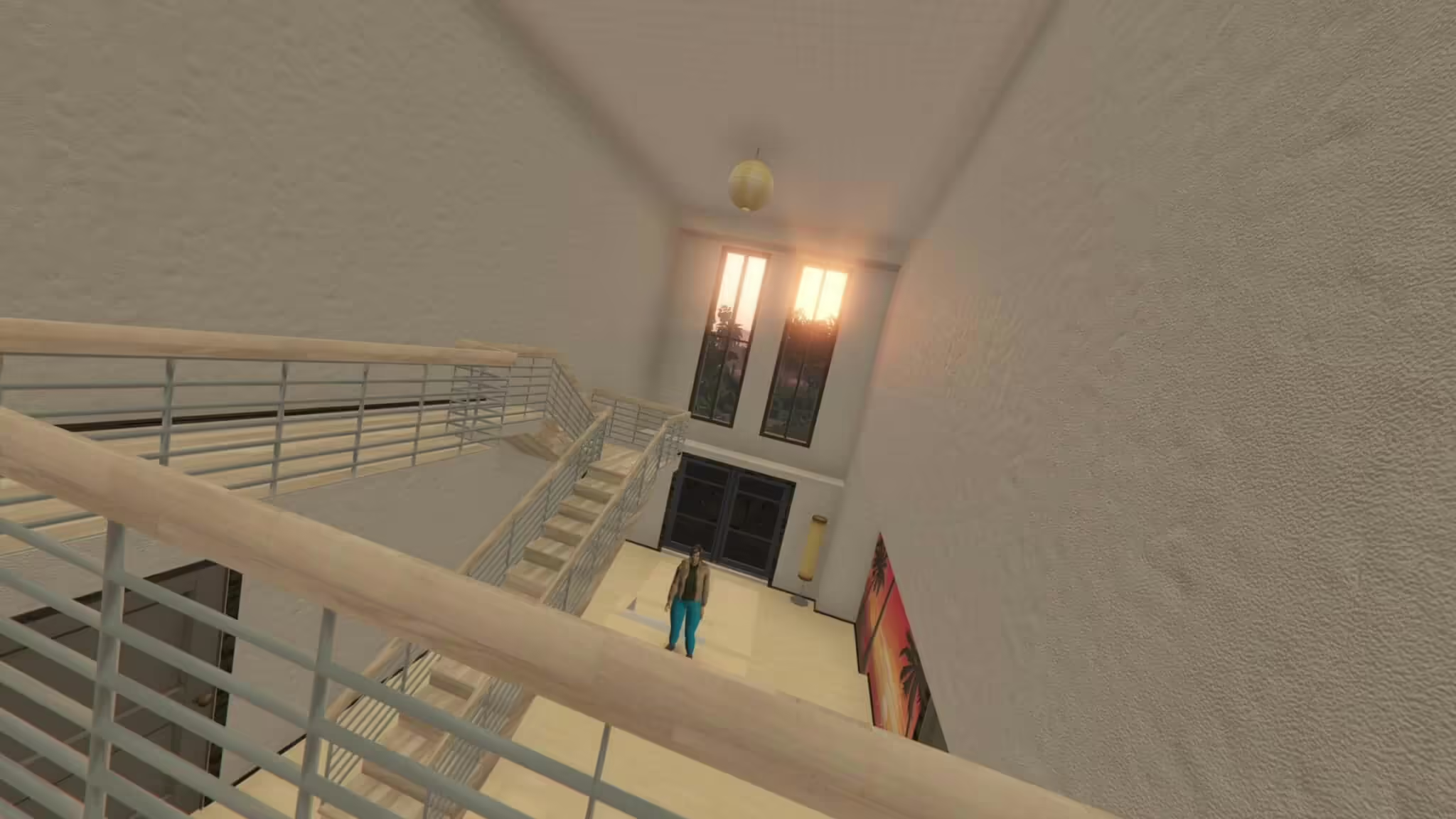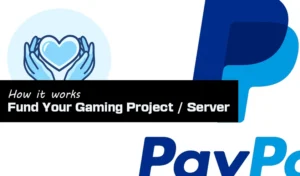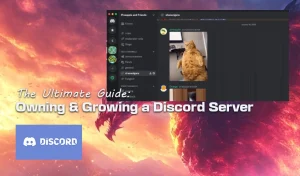How to Grow a Community for Your FiveM Server
Starting and growing a thriving community around a server is a challenge many server owners face, especially when trying to strike the balance between building a player base and maintaining server quality. If you’re like Redneck_Ryan, who started their server in February and is aiming to build a community before whitelisting, you are on the right path. Growing an active and engaged community takes effort, consistency, and a solid plan. This article will dive deep into the strategies and methods you can use to grow your server community successfully.
Table of Contents

Why Community Growth Matters
Before getting into the how, it’s important to understand why growing a community is vital for the success of your server. The community:
- Keeps your server alive – Without players, there’s no point in running a server.
- Encourages interaction – Active players foster discussions, events, and even friendships that keep them engaged.
- Builds reputation – A solid community with good players helps attract new users and improve server visibility.
- Offers feedback – Your community will help you understand what’s working and what’s not on your server.
By growing your community, you are not only increasing player count but also cultivating a dedicated player base that will remain loyal.
Pre-Whitelist: What You Should Know
Whitelisting a server is a major step because it creates a sense of exclusivity, but doing it too early can limit the growth of your player base. Here’s what to keep in mind before you whitelist:
- Build a foundation: Before implementing a whitelist, ensure you have an active and stable player base. This way, you can ensure your whitelist serves as a reward rather than a restriction.
- Balance open access: While you may be keen on having a controlled, high-quality environment, consider allowing a public phase where players can join freely and decide if they want to stay long-term.
- Foster early adopters: These initial players will often become the core of your community. Engage with them directly and give them a reason to invest in your server.
How to Grow Your Community
Growing a community involves a mix of marketing, server quality, and player engagement. Below are actionable strategies to guide you through the process:
1. Create a Unique Identity for Your Server
Every server has something unique to offer—whether it’s custom content, a specific roleplay style, or mods that other servers don’t use. Establishing a unique identity for your server gives players a reason to choose yours over others.
- Niche down: If you’re running a GTA RP server, for example, consider focusing on a specific roleplay scenario (e.g., law enforcement, gang wars, or business-oriented RP).
- Custom scripts/mods: Offer exclusive content that can only be found on your server. This creates an incentive for players to stick around. Browse Scripts here
- Community input: Let early players have a say in shaping the server’s future, making them feel like integral parts of the development process.
2. Use Social Media & Online Forums
Getting the word out is one of the first steps in community growth. Utilize social media platforms, gaming forums, and server listing websites to attract players.
- Reddit and Discord: Post regularly in server-specific subreddits or on Discord channels related to the game you’re hosting.
- YouTube and Twitch: Encourage players to stream their gameplay or create content showcasing events, mods, or scripts unique to your server.
- Facebook Groups and Twitter: Promote your server by engaging in relevant groups and using hashtags to reach players who are actively looking for new servers.
3. Launch Community Events and Competitions
Players love activities that give them a sense of achievement and community involvement. Organizing in-game events and competitions is a great way to foster a sense of camaraderie and encourage engagement.
- Roleplay events: Organize roleplay scenarios that encourage group interaction, such as heists, races, or social events.
- Competitions and giveaways: Offer small prizes for in-game challenges, such as custom vehicles, in-game currency, or limited-time roles.
- Seasonal events: Tie server events to real-world holidays or seasons (e.g., Halloween-themed missions, winter holidays, etc.).
4. Provide Excellent Player Support and Feedback Channels
Communication is key when growing a community. Your players want to feel heard and valued, and having an active support system can make the difference between a thriving community and a declining one.
- Dedicated staff: Ensure you have active admins and moderators who can handle player concerns, enforce rules, and provide guidance.
- Feedback system: Regularly ask for feedback from players. You can use polls or feedback forms to collect insights about server performance, content ideas, or bug reports.
- Clear rules and transparency: Make sure server rules are clear and fair, and keep your community informed about any server updates, rule changes, or planned events.
5. Focus on Server Stability and Performance
Players won’t stay long if your server is constantly lagging, crashing, or has long wait times. A smooth and optimized server will help keep players coming back.
- Optimize scripts and mods: Ensure that all mods and scripts run smoothly and that performance issues are promptly addressed.
- Regular updates: Keep your server updated with new features, bug fixes, and optimizations to keep things fresh.
- Backup and recovery: Have a proper backup system in place to prevent data loss, which could alienate your player base.
6. Encourage Word of Mouth and Referrals
Nothing beats word-of-mouth marketing when growing a community. Satisfied players will naturally spread the word about your server if they have a positive experience.
- Referral programs: Create a referral system that rewards players for bringing in friends. For example, offer in-game currency, access to special areas, or custom skins for each successful referral.
- Incentivize engagement: Consider rewarding players who are active in forums, share social media posts, or create content about your server.
7. Create a Welcoming New Player Experience
When new players join your server, their first impression is crucial. If they feel lost, ignored, or unwelcome, they’re less likely to stick around. Focus on making their onboarding process smooth and engaging.
- Tutorial or onboarding system: Offer new players guidance on how to get started, including tutorials, videos, or in-game prompts.
- Mentorship programs: Pair new players with more experienced ones to help them get accustomed to your server’s rules and mechanics.
- Welcome channels: Have a dedicated space on your Discord or website where new players can introduce themselves, ask questions, and get help.
8. Build a Strong Discord Presence
Discord has become a core platform for server communities. A well-maintained and active Discord channel can be the hub for your server’s communication, updates, and player engagement.
- Engage regularly: Be active in your Discord channel by responding to player questions, posting updates, and keeping conversations going.
- Use bots for organization: Utilize bots to automate tasks such as moderating, announcing events, or assigning roles to players based on their contributions or playtime.
- Voice chat events: Host regular voice chat hangouts or events where players can get to know each other better, such as developer talks, Q&A sessions, or casual game nights.
9. Collaborate with Content Creators
Streamers and YouTubers can help drive traffic to your server. By collaborating with influencers who play the same game, you can showcase your server to a wider audience.
- Invite streamers: Reach out to content creators who focus on your game, inviting them to try out your server. Offer exclusive features or custom roles to incentivize them.
- Sponsor content: Consider offering small sponsorships or perks in exchange for them promoting your server to their audience.
- Player-generated content: Encourage your own players to stream their gameplay, make highlight videos, or post screenshots to show off your server’s features.
Key Metrics to Track
As your community grows, it’s important to track key metrics that will help you understand where your community stands and how it can be improved:
- Player retention: Keep an eye on how many players return to your server after their first login. If retention is low, consider improving onboarding and community engagement.
- Peak player times: Analyze when your server is most active and plan events accordingly to maximize engagement.
- Server feedback: Use feedback surveys or direct communication with players to gauge satisfaction with server features, performance, and staff responsiveness.
Conclusion
Growing a community around your server takes time, effort, and the right approach. By focusing on player engagement, offering unique content, and fostering a welcoming environment, you can build a loyal player base that will thrive even after you whitelist your server. Remember, consistency is key—keep your players informed, engaged, and entertained, and you’ll soon have a community that supports your server for the long haul.









Add comment